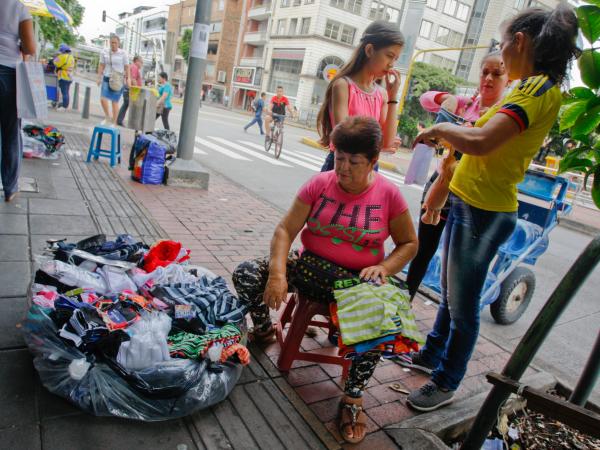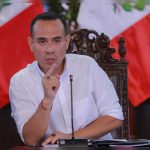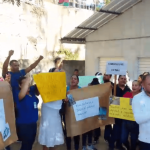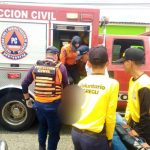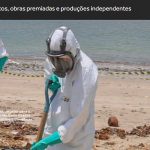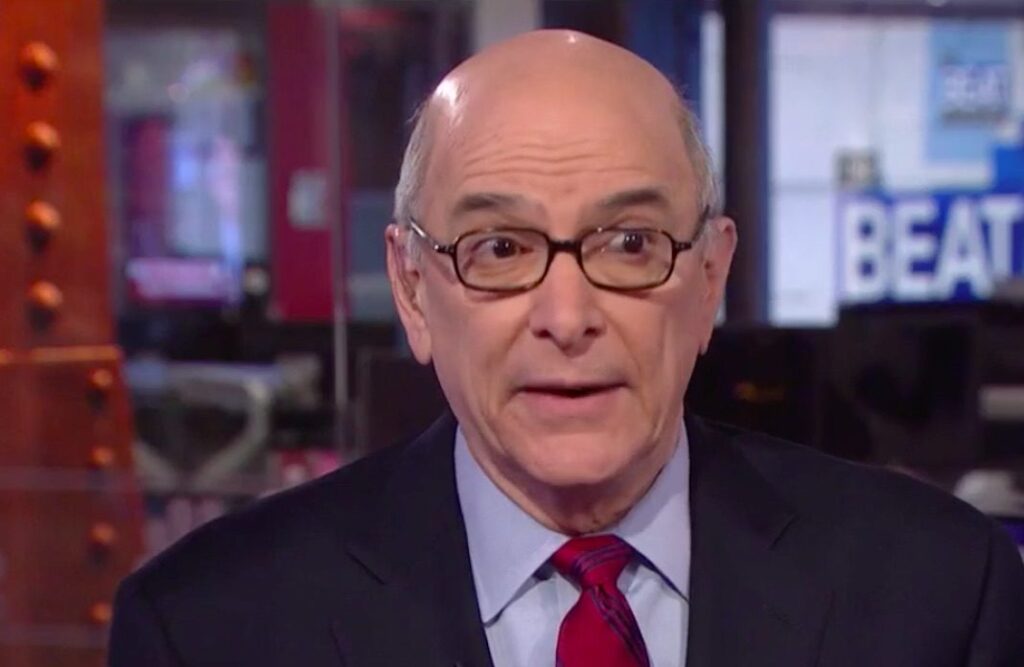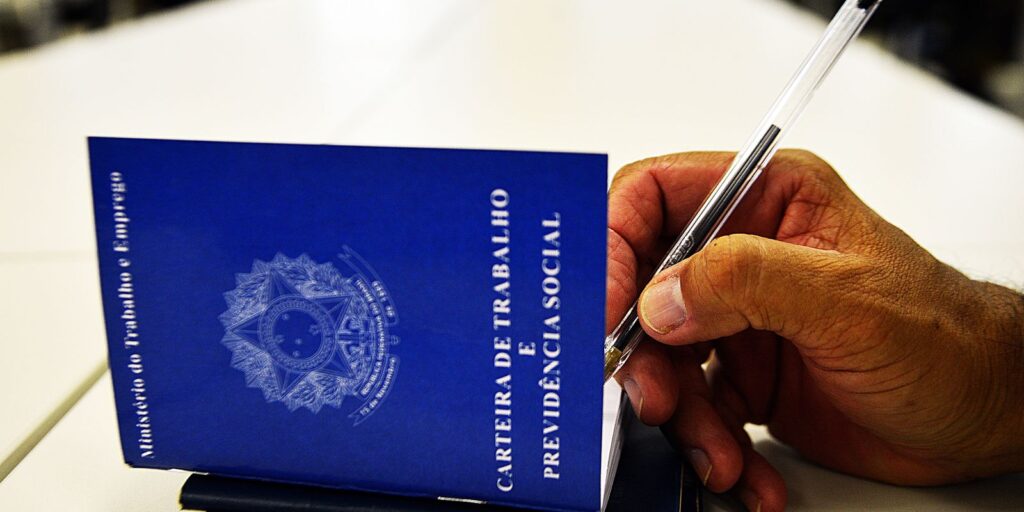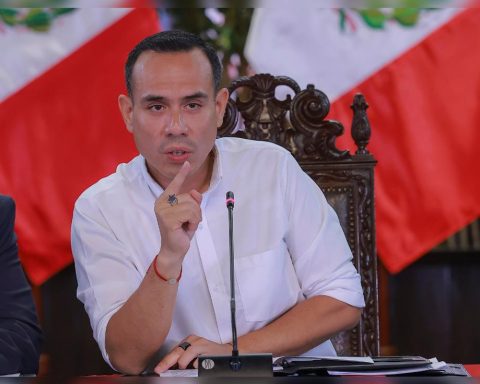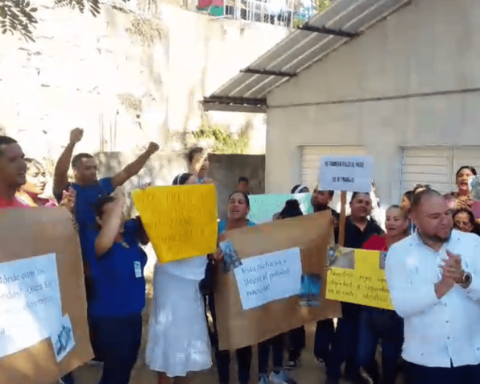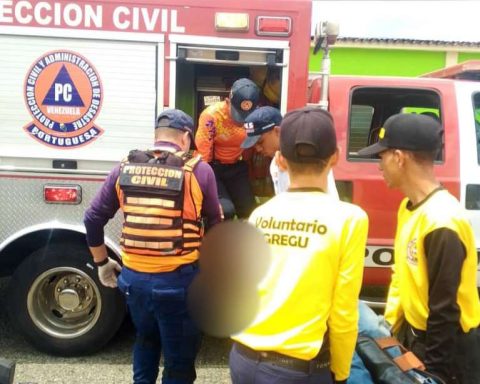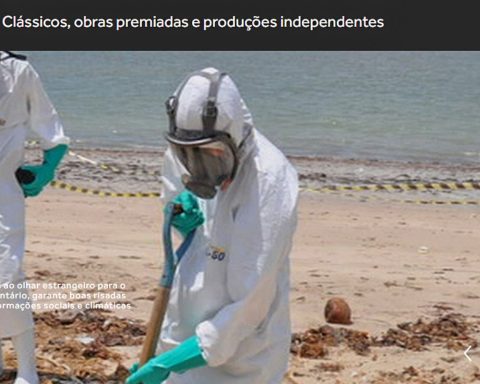Barely two days after the voting, the different sectors have already raised a sheet of challenges on which The new President of the Republic should work to improve the living conditions of Colombians.
(Gustavo Petro, the first leftist president of Colombia).
And it is that the biggest challenge that the new president will have to face is to heal those wounds of the pandemic that still have hurt the economy of Colombian households. For Roberto Angulo, an economist, this situation, which for more than two years harmed the different sectors, widened the inequality gap in the country and that is where the president should put the magnifying glass to improve the well-being of families in vulnerable conditions.
“That increase in inequality that has not yet recovered in pre-Covid times, which were also high in themselves, is a brake on poverty reduction (…) there he will have to see what the distribution channels are and strengthen transfers and think about the opportune moment to carry out a tax reform”, Angle stated.
Among other requests, to combat inequality, experts point to education and the guarantee of decent and formal work to reduce this social gap.
(Petro’s record: most voted president-elect in history).
For Carlos Garzón, a specialist in Public Offering and Private Social Investment “The main challenges in inequality are first, in the expansion of the educational system to all corners of the country, in basic, secondary, technical, technological and professional, reaching these rural areas is undoubtedly the great challenge to reduce the gaps” .
In addition, the specialist added to the list, adjusting the tax system so that it allows income inequalities to be corrected, in addition “Implement the peace agreement in relation to land distribution.”
And it is that for the dean of the Faculty of Economics of the Eafit University, César Tamayo, it is important to work especially in these sectors to improve the well-being of Colombians. “It must take very seriously the great challenges that it will inherit in terms of well-being and standard of living of Colombians”he pointed out in an interview with Portfolio.
JOB
According to him National Administrative Department of Statistics (Dane), In the first quarter of the year, 6.3 million people were registered in the 23 main cities working formally and 5.1 informally, in this way, the great challenge of the president will be to improve working conditions and formalize jobs in the country .
This is the premise of Angulo considers it necessary to consolidate a strategy to reduce informality.
“Different issues must be analyzed, such as the minimum wage, the alignment of social protection and understand the factors to stimulate some informal sectors that have a vocation for formalization,” noted the economist.
In addition, the expert points out to reduce the gender inequality gap that was widened by the pandemic.
“We saw that the burden of care affected the participation of women in the labor force or increased inactivity and unemployment itself,” Angle said.
For his part, Garzón proposes “consolidate employment offices in the territorial entities as the scene of interaction between supply, demand and the needs of new applicants, as well as strengthen productivity per worker through investment in innovation and open technology”.
POVERTY
For the Dane, 39.3% of Colombians in 2021 suffered from monetary poverty, in addition 31% are in vulnerability. Barely 27.8% of Colombians are part of the middle class and 1.8% of Colombians are part of the country’s upper class.
In this way, reducing poverty is a fundamental axis to provide the necessary tools to improve the quality of life of these people.
“Any poverty reduction policy combines two channels: the direct channel, which refers to transfers, and the indirect channel, which uses income growth as a vehicle”, Angle said.
(Petro cabinet composition, key to investor confidence).
In this way, it proposes to continue with the Sisbén programs, redesign the stratification and continue with the monetary transfers.
To add, Garzón also includes improving the quality of health, housing and public services, especially in rural areas.
ACHIEVE A DECENT LIFE
For the experts, the challenges to achieve a decent life in Colombia require overcoming the barriers that do not allow social mobility, in addition, the president must analyze the possibility of a universal emergency basic income and unite the dispersed rurality with the rest of the developing country. .
Currently, the monetary poverty figure reaches 39.3% of the national total. By gender, 40.3% of women have this limitation.
PAULA GALEANO BALAGUERA
[email protected]
